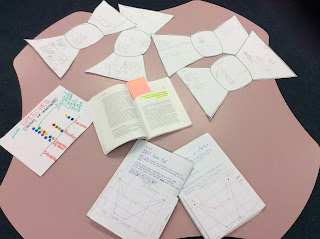How Can I Develop Student Agency To Help Accelerate Learning?

A huge focus this year through our 'EffectiveTeaching Practice' is to develop further our understanding about 'Acceleration' and to apply best practices and strategies for this in our teaching and learning programmes. The main focus is to accelerate our students in writing. This lead me to my inquiry question 'How can I develop student agency to help accelerate learning?' Below shows my thinking to further research to get a better understanding of this. What is student agency? My thoughts - the student takes greater control, ownership and responsibility of their own learning. Students lead their own learning by directing their own learning pathway, setting their own goals, and making their own decisions instead of the teacher directing it.



